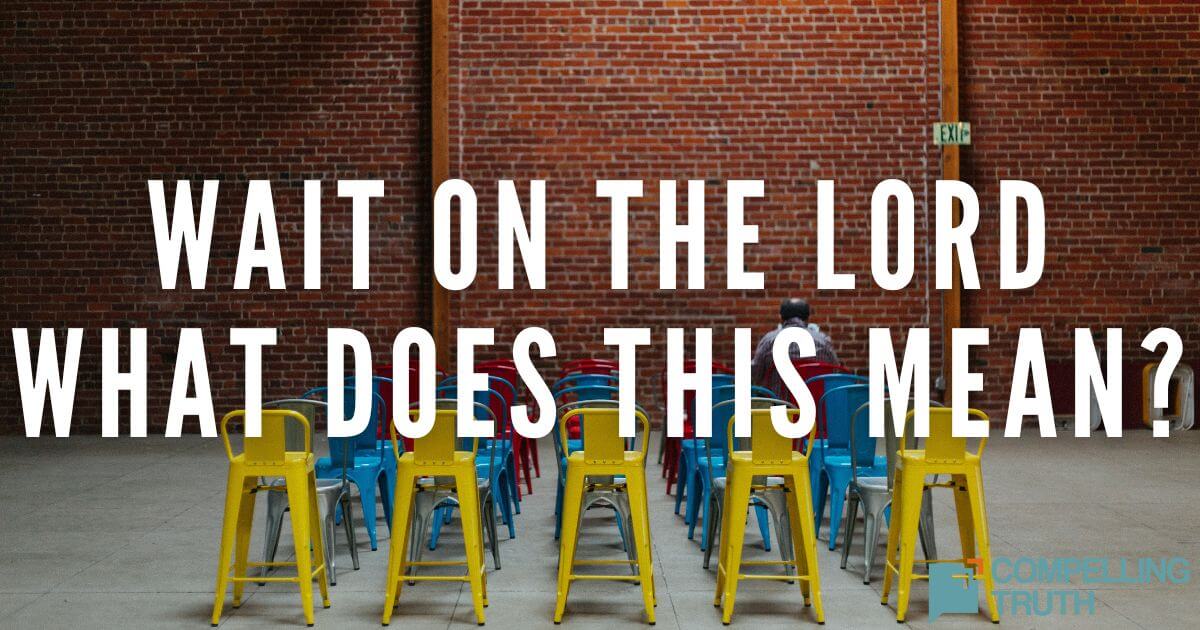what does the bible say?
Losing a job, home, or savings can be devastating. We depend on our income to care for our families and provide for our most basic needs. Regardless of whether the loss was our fault or someone else's fault, unemployment, foreclosure, and bankruptcy can cause Christians to doubt God's promises. While these situations themselves are not sin, they can lead us into sin. Too often we respond with anger by blaming others, hopelessness by giving up, or pride by trying to solve things on our own. A righteous response, however, is to trust God. We can trust God that He is with us through our hardship and that He uses even unemployment, foreclosure, or bankruptcy to draw us closer to Him and to produce godly character in us. Along with trusting in God, we must also take practical steps to address our situation. This might include seeking new employment, downsizing our expenses, or seeking financial counseling. Through it all, we are called to maintain a heart of gratitude and contentment, knowing that God is sovereign over all circumstances. Through these challenges, we can grow in patience, humility, and a deeper reliance on God's provision, remembering that “he has said, ‘I will never leave you nor forsake you.’ So we can confidently say, ‘The Lord is my helper; I will not fear; what can man do to me?’” (Hebrews 13:5–6; see also 2 Corinthians 12:9).




